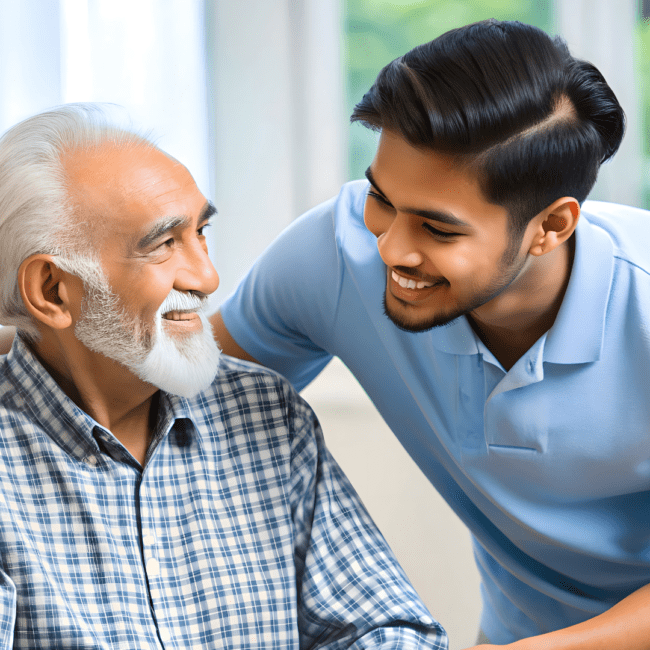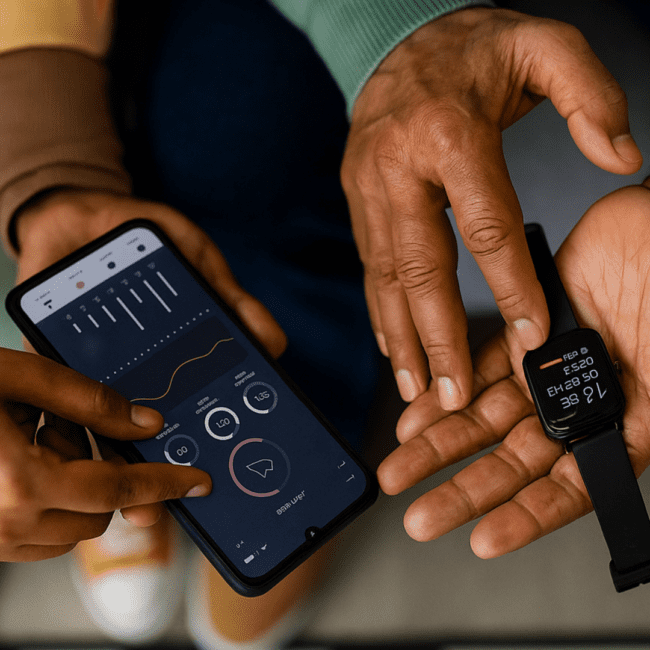Summer is a time of sunshine, social gatherings, and rejuvenation. But for older adults, it can also bring unique health risks. As the temperature rises, so does the likelihood of dehydration, heatstroke, and other heat-related illnesses. That’s why summer safety tips for seniors are more than just helpful, they’re essential.
With a bit of planning and awareness, you can ensure that your ageing loved ones enjoy summer safely and comfortably. This guide covers common risks, practical safety advice, and how to recognise when extra help is needed.
The Importance of Summer Safety for Seniors
Older adults are more vulnerable to the effects of heat than younger people. The body’s ability to regulate temperature declines with age, and chronic health conditions or medications can further increase sensitivity to heat. Keeping seniors safe during the summer requires awareness of these risks and proactive care.
Overview of Risks: Heatstroke, Dehydration, Sunburn, Medication Sensitivity
Heatstroke and dehydration are two of the most serious summer dangers for seniors. Prolonged sun exposure can also lead to painful sunburn, especially if the skin is thin or sensitive. Additionally, certain medications, such as diuretics or blood pressure medicines, can make it harder for the body to stay cool or hydrated.
How Does the Hot Weather Affect the Elderly?
As we age, our bodies lose the ability to conserve water and regulate temperature efficiently. Older adults may not feel thirsty until they are already dehydrated. They may also sweat less, which limits their ability to cool down.
Age-Related Changes Affecting Heat Tolerance and Hydration:
- Reduced thirst perception
- Slower circulation and metabolic rate
- Thinner skin, making sunburn more likely
- Use of medications that interfere with the heat response
Common Heat-Related Illnesses in Seniors
Understanding the signs of heat-related conditions is crucial. Some common ones include:
- Dehydration: Dry mouth, dizziness, low urine output
- Heat exhaustion: Weakness, confusion, heavy sweating, nausea
- Heatstroke: High body temperature, no sweating, rapid pulse, unconsciousness
Knowing the symptoms of heat exhaustion in elderly individuals can help prevent emergencies.
Top 10 Summer Safety Tips for Seniors
-
Stay Hydrated
Drinking enough fluids is the most basic yet vital summer safety tip. Encourage sipping water throughout the day, even if the person isn’t thirsty. Avoid caffeine and alcohol, which can dehydrate the body.
-
Dress Appropriately
Loose-fitting, light-coloured clothing made of breathable fabrics like cotton helps regulate body temperature. A wide-brimmed hat and sunglasses also protect from the sun’s glare and harmful UV rays.
-
Apply Sunscreen Regularly
Skin becomes more fragile with age, making it more prone to sunburn. Use a broad-spectrum sunscreen with SPF 30 or higher. Reapply every two hours, especially if spending time outdoors.
-
Plan Outdoor Activities Wisely
One of the best summer activities for seniors is walking, but choose the right time. Early mornings or evenings are ideal. Avoid peak sun hours (11 a.m. to 4 p.m.) to reduce exposure to intense heat.
-
Stay Cool Indoors
Use fans, air conditioners, or cool cloths. Keep curtains closed during peak sun hours. If air conditioning isn’t available, visit public places like shopping centres or libraries that are climate-controlled.
-
Be Aware of Medication Side Effects
Review medications with a doctor or pharmacist. Some drugs increase sun sensitivity or affect hydration and body temperature. It’s important to know how each one interacts with heat.
-
Monitor for Heat-Related Symptoms
Watch for changes in behaviour, appetite, or physical appearance. If a senior looks flushed, confused, or unusually tired, it could be a sign of heat stress. Always take these signs seriously.
-
Ensure Home Safety
Check fans, air conditioning units, and ensure there’s good ventilation. Remove clutter that may block airflow. Stock up on cool drinks and make sure emergency numbers are easily accessible.
-
Stay Informed: Understand Local Heat Advisories
Pay attention to weather updates and heatwave alerts. When a heat advisory is issued, limit outdoor time and follow safety precautions more rigorously.
-
Stay Connected: Regular Check-ins with Family or Caregivers
Frequent check-ins, either by phone or in person, can make a huge difference. Isolation can be dangerous in hot weather. A quick call or visit ensures any early signs of distress are caught promptly.
Mistakes to Avoid When Planning Elder Summer Activities
Even well-intentioned plans can go wrong if caution isn’t taken. Here are common mistakes:
- Scheduling outdoor events during midday heat
- Forgetting sunscreen or hydration during outings
- Underestimating how quickly seniors tire in warm weather
- Not checking if a new location has adequate shade or cooling
Always build flexibility into your plans and prioritise safety over activity duration.
When to Seek Help from Elder Care Services
Sometimes, professional assistance is needed, especially if a senior lives alone or has chronic health conditions. If you’re frequently worried about hydration, nutrition, or heat exposure, consider:
- In-home elder care visits during peak summer months
- Adult day care programmes with indoor activities
- Teleconsultations with geriatricians to adjust care plans for summer
These services provide peace of mind and keep your loved ones safer.
Conclusion
The summer months can still be full of joy and activity, with the right precautions. Following these summer safety tips for seniors helps reduce risks and supports independence. By staying alert to the signs of heat exhaustion in elderly adults and making smart choices about summer activities for seniors, families can ensure a safe and enjoyable season for everyone.






